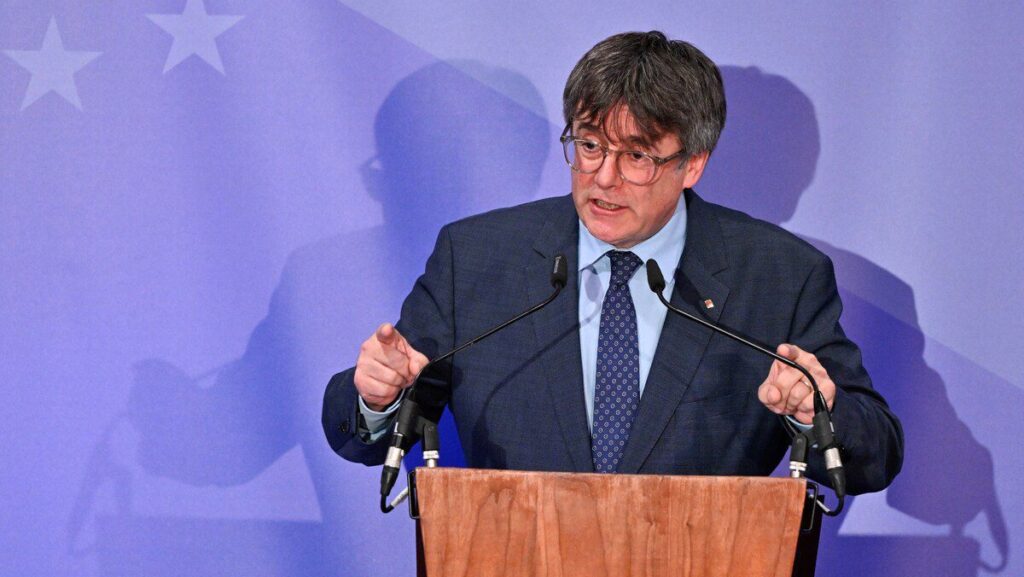
MEP and Catalan separatist Carles Puigdemont
Photo by JOHN THYS / AFP
The work of Dalmacio Negro Pavón reveals that politics cannot be understood without anthropology: the various conceptions of humanity throughout history are not mere theories but paradigms that have shaped the lives of peoples and conditioned political thought.
Attempting to expound someone else’s thought is always a high-risk endeavor. But since I recently declared Dalmacio Negro Pavón the most significant political thinker in Spain in recent decades, with all due caution, I will outline what I consider to be some of the interpretive keys to Negro Pavón’s thought.
With Spain’s (barely) ruling coalition of establishment postmodern leftists, separatists, and former terrorists quite willing to grant amnesty to those politicians who attempted to force Catalans into an independent, haphazard state by way of a fraudulent referendum in 2017, Prime Minister Sanchez’ case for the legality of such a move seems to come down to an argument from silence.
The Spanish constitution disallows “general pardons” (indultos generales), but says nothing of amnesty. VOX’s Jorge Buxade, following the opinion of Spanish jurist Enterría y Martínez-Carande, argued recently that there needs to exist a positive linkage between public authorities and legality; ‘positive’ meaning the state cannot exercise a power which is not expressly recognized by the law. The constitution is likewise silent vis slavery, writes Buxade, but none would argue that a parliamentary majority can legalize the practice.
He goes on:
Consequently, the doctrine of the positive linking of the exercise of public power to legality, even where the constitution is silent. … This has been pointed out by Mr. Manuel Aragón Reyes, Magistrate emeritus of the Constitutional Tribunal.
We also have to contend with the constitution’s article 1, which refers to the “indissoluble unity of the Spanish nation, common and indivisible homeland of all Spaniards.”
It would follow, continues Buxade:
That anything that tends to divide, dissolve or break the unity of the nation is illegitimate and therefore unacceptable in law. An amnesty law declaring that the most serious crime against the nation (the perpetration of which has been confirmed by the Supreme Court) did not exist, would be illegitimate because it would attack the political subject of sovereignty [on which the constitution rests], which is the Spanish nation.
This is relevant to what comes after amnesty, which is presumably a Madrid-approved referendum on Catalan independence, orchestrated in such a way as to maximize the separatists’ chances of victory.
Even if we consider amnesty a constitutionally allowable practice, it would operate here to invalidate the basis (the political subject) of the constitution itself, Spain. Furthermore, its finality is to satisfy a contingent political interest, rendering the votes of potential political allies valid and guarantee the investiture of Sanchez.